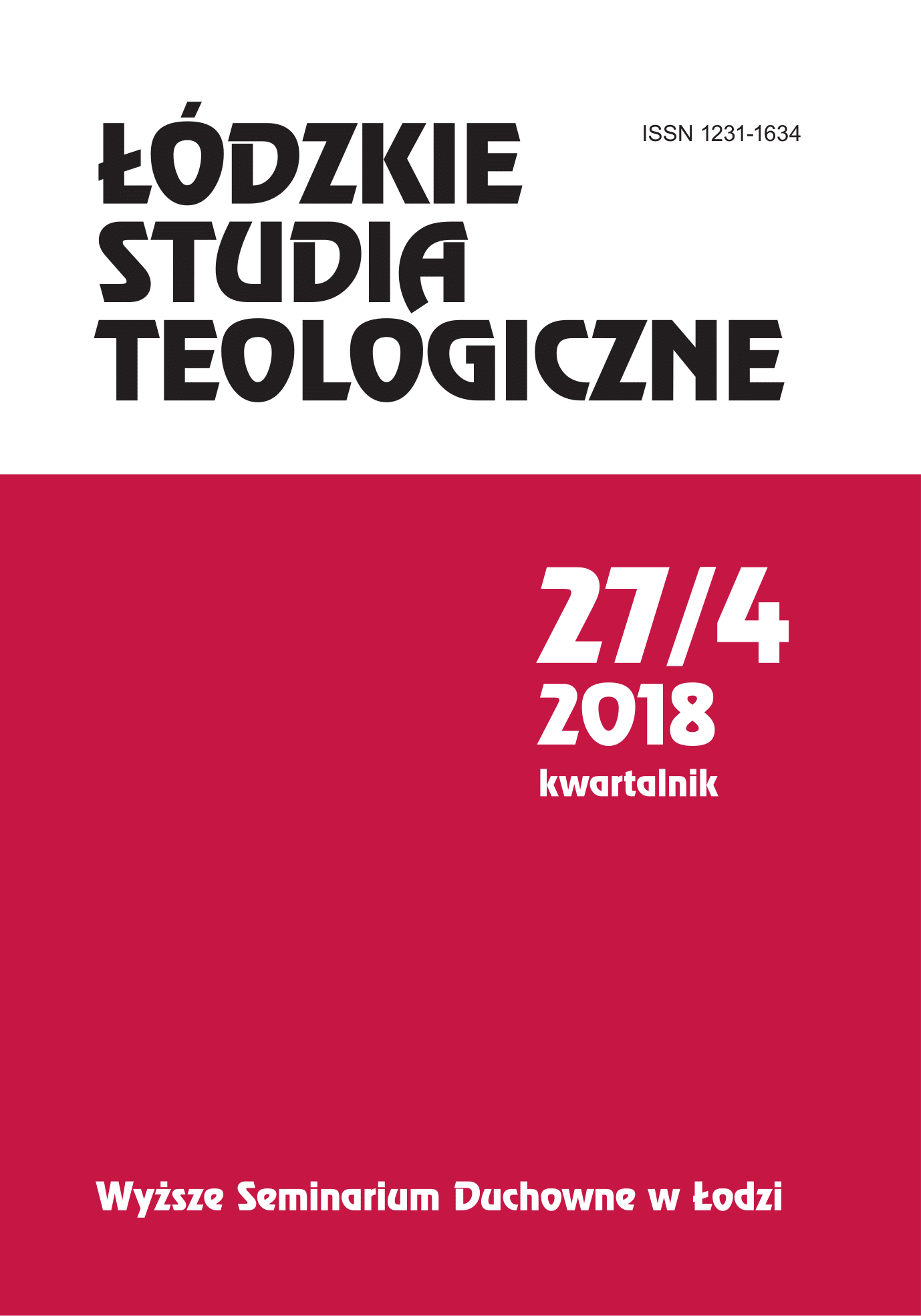Rola Kościoła katolickiego oraz polonijnych organizacji w USA w kształtowaniu świadomości narodowej młodego pokolenia Polaków
Roman Catholic Church and Polish organizations in the USA, their role in creating and upholding the national spirit
Author(s): Walter W. GołębiewskiSubject(s): Christian Theology and Religion
Published by: Wyższe Seminarium Duchowne w Łodzi
Keywords: Roman Catholic Church; national spirit; national identity; democratic governance; national hospitality; cultural trends; Bolshevik aggression; globalization; multiculturalism; communist authorities
Summary/Abstract: A national spirit derives directly from a sense of national identity, a sense of having a common language, culture, traditions and history. A national spirit also encompasses religious values as in this case the Roman Catholic Church. This religion is the very foundation of the national identity as it identifiesthe beginning of the Polish nation in 966 AD and has remained the common thread throughout thelast 1050 years of our history. Over this millennium the nation has been exposed to numerous challenges but three national characteristics seem to dominate throughout – democratic governance, national hospitality to strangers and a respect for the deceased. National identity, as opposed to the national spirit, is rooted more in current cultural interpretations and is subject to manipulation by such factors as cultural trends, current governments or external pressures from abroad. Three distinct periods can be recognized in the development of the national spirit in the last 100 years. In 1914–1944 there was the rush to statehood, a brief independence and defeat at the hands of our two neighbors. In 1944–1989, the Polish People’s Republic era, Soviet dominated government unrepresentativeof its people and actively fighting against the national spirit, for example the Catholic religion. 1989–2017 mark a new era with governments preoccupied with a rush to globalization and integration into supranational structures such as the global markets and the European Union, actively suppressing many national characteristics in order to be more global in its image and acceptance. The role of the Catholic Church and institutions in the USA was fundamental in maintaining that national spirit, especially in the first two periods. Great Poles such as Jan Ignacy Paderewski were instrumental in returning Poland onto the world map but also the Catholic Church helped in spreading the message resulting in huge rush to the ranks of Polish volunteers, which then were able to defend the new nation against Bolshevik aggression in 1919/1920. During the second period the Catholic Churchwas instrumental in stressing the milestone of 1966, when Poland was celebrating a millennium of her nationhood. The communist authorities were celebrating statehood trying desperately to separate this momentous occasion from any role of the Catholic Church in its creation. It was the message of Poland and US based Polish clergy such as Cardinal Wyszynski and bishop J. Krol that stressed that it was the Roman Catholic religion that created the nation and later the state and its absolutely fundamental role. That message was then taken up by the first Polish Pope, John Paul II, who visited the USA seventimes. In conclusion the role of the Catholic Church now is to preserve the national spirit when it is challenged with new ideas such as globalization and multiculturalism. Religion is progressively seen and propagated by the new social media platforms as a brake on progress of humanity and needs to be discouraged whenever possible. Poles as a nation still retain our identity and God, Honor and Fatherland are our signpost for the future.
Journal: Łódzkie Studia Teologiczne
- Issue Year: 27/2018
- Issue No: 4
- Page Range: 45-62
- Page Count: 18
- Language: Polish

